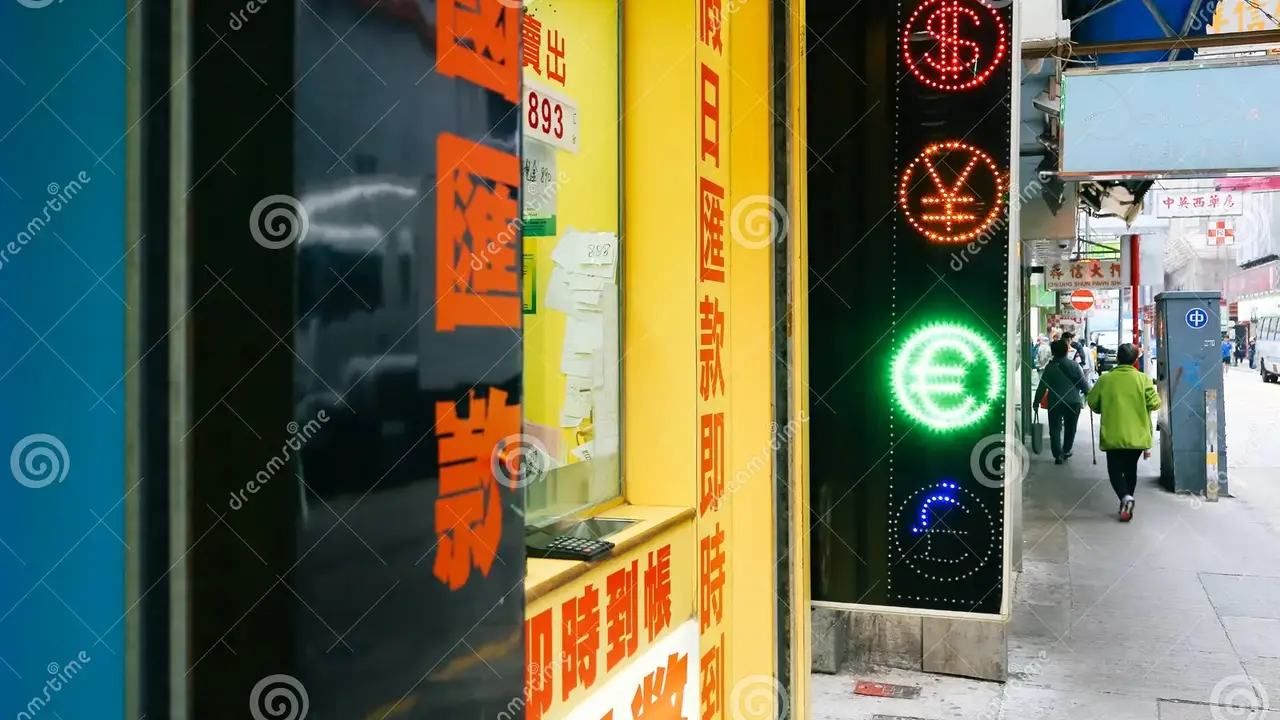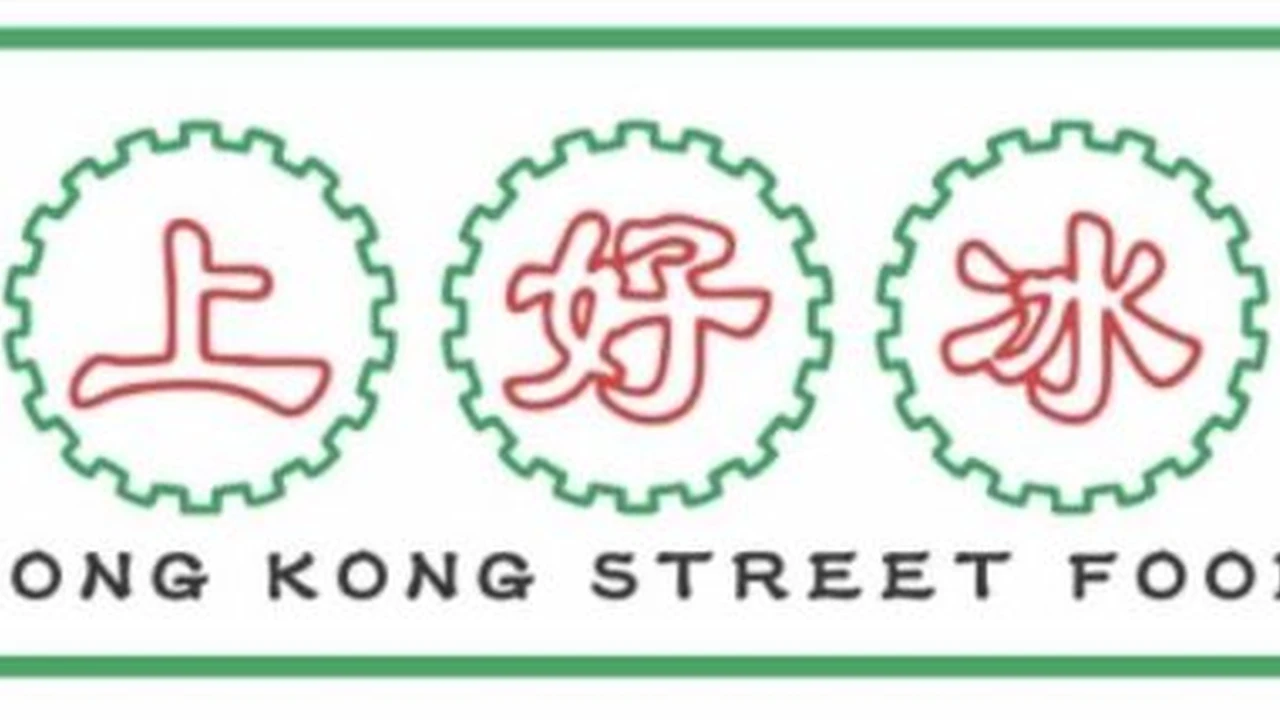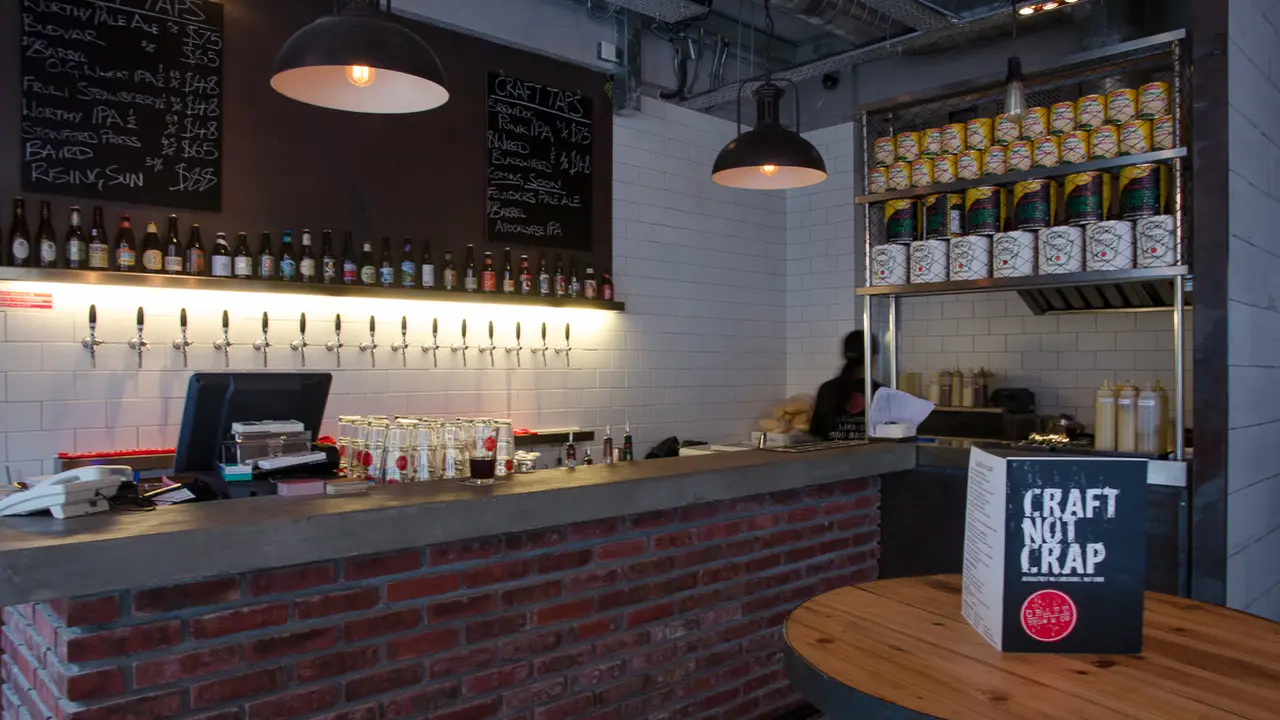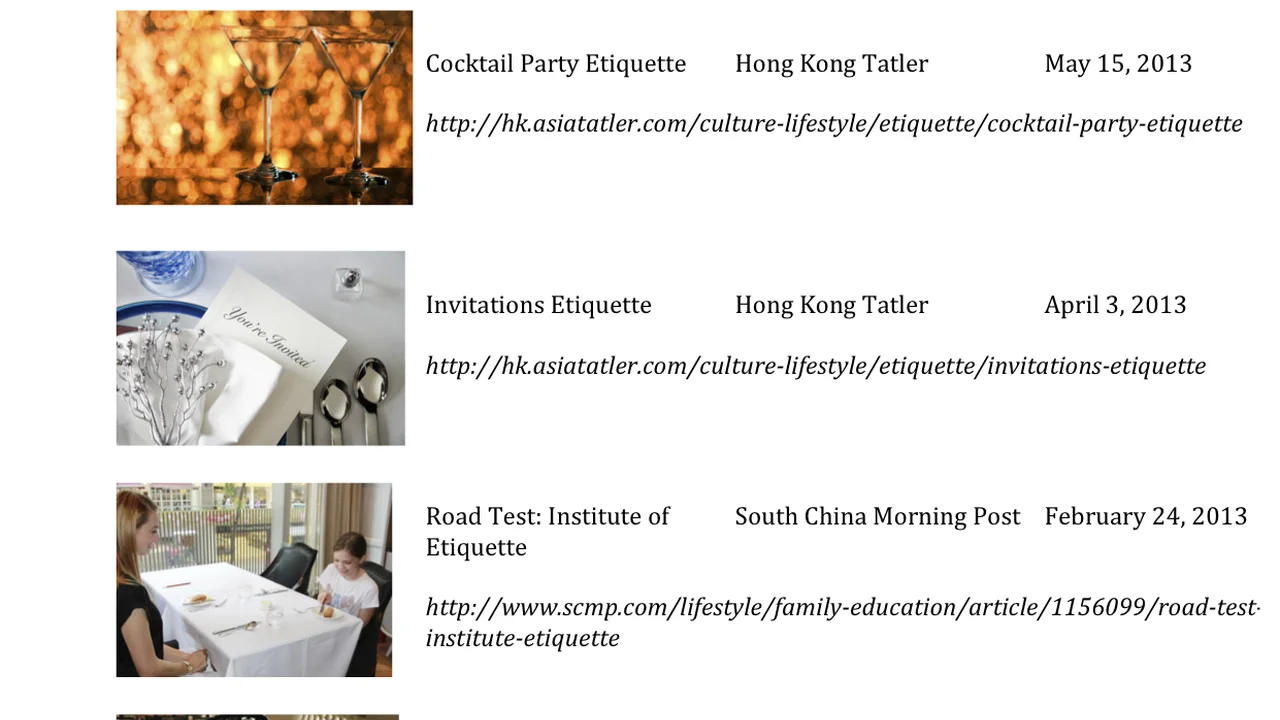Hong Kong Currency Exchange: Getting the Best Rates

Understanding the Hong Kong Dollar (HKD) and Exchange Rates
So, you're headed to Hong Kong! Awesome choice. First things first, let's talk about money. You'll be dealing with the Hong Kong Dollar (HKD). Understanding the current exchange rate is crucial. It fluctuates, obviously, but knowing roughly how much your home currency translates to in HKD will help you budget and make informed decisions about where and when to exchange your money. Websites like Google Finance, XE.com, and Bloomberg are your friends here. Check them regularly leading up to your trip. Also, be aware of the mid-market rate (the "real" exchange rate) versus the rates offered by banks and exchange services. They always take a cut, so shop around!
Where to Exchange Your Money in Hong Kong A Comprehensive Guide
Okay, you've got a handle on the exchange rate. Now, where do you actually *do* the exchange? You've got several options:
- Airport Exchange Bureaus: Convenient, yes, but generally offer the worst rates. Think of them as a last resort. If you absolutely *need* some HKD immediately upon arrival, exchange a small amount, like enough for your airport transportation.
- Banks: Generally offer better rates than airport bureaus, but often involve longer queues and more paperwork. Hang Seng Bank, HSBC, and Bank of China are common choices. Check their websites for current rates and branch locations. You'll likely need your passport.
- Money Changers: This is where things get interesting. Money changers, especially those in areas frequented by tourists like Chungking Mansions in Tsim Sha Tsui or in Causeway Bay, can offer surprisingly competitive rates. However, exercise caution! Not all money changers are created equal. Look for reputable ones with clear signage displaying their rates. Avoid those that seem shady or try to pressure you. Golden Computer Arcade in Sham Shui Po also has a few money changers, often with good rates.
- ATMs: Withdrawing cash from ATMs is another option. Check with your bank about international transaction fees and daily withdrawal limits. Look for ATMs affiliated with major international networks like Visa or Mastercard. This is often a decent option if you need smaller amounts of cash.
Navigating Chungking Mansions for the Best HKD Exchange Rates
Chungking Mansions gets a bad rap sometimes, but it's a legitimate place to find competitive exchange rates. The key is to be smart and aware. Don't go alone, especially at night. Look for money changers with clearly displayed rates and a good reputation. Don't be afraid to haggle, especially if you're exchanging a large amount. Count your money carefully before leaving the counter. And trust your gut – if something feels off, walk away.
The Hidden Gem of Sham Shui Po Golden Computer Arcade Money Exchange
Okay, this is a bit of an insider tip. Golden Computer Arcade in Sham Shui Po isn't just for electronics; it also houses a few money changers, often with excellent rates. Because it's a bit off the beaten tourist path, you can sometimes find better deals here than in more popular areas. Plus, you can browse for electronics while you're at it! Just like with Chungking Mansions, be sure to check rates and choose a reputable vendor.
Negotiating Exchange Rates Tips and Tricks for Savvy Travelers
Don't be afraid to haggle! Especially if you're exchanging a significant sum. Start by politely asking if they can offer a better rate. Have an idea of the current mid-market rate and what other money changers are offering. Politeness and a smile can go a long way. If they won't budge, thank them and move on. There's always another money changer nearby.
Prepaid Travel Cards A Convenient Alternative to Cash
Consider a prepaid travel card like Revolut or Wise (formerly TransferWise). These cards allow you to load money in your home currency and convert it to HKD at a competitive rate. You can then use the card like a debit card for purchases and ATM withdrawals. They often offer better rates than traditional banks and can be a convenient way to manage your travel budget. Plus, you can lock in exchange rates before your trip, protecting you from fluctuations.
Revolut: A Detailed Review of Features, Fees, and Usage in Hong Kong
Revolut is a popular prepaid travel card offering multi-currency accounts and competitive exchange rates. Here's a breakdown:
- Features: Multi-currency accounts, virtual cards, spending analytics, budgeting tools, and even cryptocurrency trading.
- Fees: Generally low, but be aware of weekend fees and fees for exceeding your monthly exchange allowance (depending on your plan). ATM withdrawals are also subject to fees after a certain limit.
- Usage in Hong Kong: Widely accepted, both for online and in-person transactions. You can also use it to withdraw cash from ATMs.
- Price: Revolut offers several plans, including a free standard plan and paid premium plans with additional benefits.
- Pros: Excellent exchange rates, convenient app, and a wide range of features.
- Cons: Fees can add up if you're not careful, and customer service can be slow at times.
Wise (formerly TransferWise): A Comprehensive Look at Exchange Rates and Functionality for Hong Kong Travel
Wise (formerly TransferWise) is another excellent option for managing your money abroad. Here's a deeper dive:
- Features: Multi-currency accounts, borderless accounts, and the ability to send and receive money internationally at the real exchange rate.
- Fees: Transparent fees for currency conversion and international transfers. ATM withdrawal fees apply.
- Usage in Hong Kong: Like Revolut, widely accepted. You can use it for online and in-person purchases, as well as ATM withdrawals.
- Price: No monthly fees for the basic account. Fees apply for currency conversion and transfers.
- Pros: Transparent fees, real exchange rate, and easy-to-use platform.
- Cons: Can be slightly more complex to set up than Revolut, and customer service can be slow.
Comparing Revolut and Wise: Which Travel Card is Right for Your Hong Kong Trip?
Choosing between Revolut and Wise depends on your individual needs. Here's a quick comparison:
- Exchange Rates: Both offer competitive rates, but Wise generally offers the real exchange rate, while Revolut may add a small markup, especially on weekends.
- Fees: Revolut's fees can be more complex, while Wise offers more transparent fees.
- Features: Revolut offers a wider range of features, including budgeting tools and cryptocurrency trading.
- Ease of Use: Both are relatively easy to use, but Revolut's app is generally considered more user-friendly.
- Recommendation: If you prioritize the absolute best exchange rate and transparent fees, Wise is a good choice. If you want a wider range of features and a user-friendly app, Revolut is a better option.
Credit Cards in Hong Kong A Practical Guide to Usage and Considerations
Credit cards are widely accepted in Hong Kong, but it's important to be aware of potential fees. Check with your bank about international transaction fees and foreign currency conversion fees. Also, be aware of Dynamic Currency Conversion (DCC), which allows merchants to convert the transaction to your home currency at the point of sale. This usually results in a worse exchange rate than if you pay in HKD and let your bank handle the conversion. Always choose to pay in the local currency (HKD).
The Impact of Dynamic Currency Conversion (DCC) on Your Hong Kong Spending
Dynamic Currency Conversion (DCC) sounds convenient, but it's almost always a rip-off. Merchants offering DCC are essentially offering you a worse exchange rate than your bank would. Always, always, always choose to pay in the local currency (HKD) to avoid this hidden fee.
Cash vs Card A Balanced Approach to Payment Methods in Hong Kong
While credit cards are widely accepted, it's still a good idea to carry some cash, especially for smaller purchases, street food, and transportation (like the Star Ferry). Having a mix of cash and card gives you flexibility and ensures you're prepared for any situation.
Budgeting Tips for Your Hong Kong Trip Maximizing Your HKD
Here are some tips to help you stretch your HKD further:
- Eat like a local: Explore local restaurants and street food stalls for affordable and delicious meals. Avoid tourist traps.
- Take public transportation: Hong Kong has an excellent and affordable public transportation system. The MTR (subway), buses, and ferries are all great options. Consider purchasing an Octopus card for easy and discounted travel.
- Look for free activities: Hong Kong offers plenty of free activities, such as hiking, visiting parks, and exploring temples.
- Travel during the shoulder season: The shoulder seasons (spring and fall) offer pleasant weather and lower prices.
- Take advantage of free Wi-Fi: Many cafes and public spaces offer free Wi-Fi, allowing you to save on data roaming charges.
Understanding the Octopus Card Your Key to Hong Kong Transportation
The Octopus card is a rechargeable stored-value card that can be used on most forms of public transportation in Hong Kong, as well as for purchases at many shops and restaurants. It's incredibly convenient and can save you time and money. You can purchase an Octopus card at MTR stations and convenience stores. Be sure to return it before you leave to get your deposit back.
Tax-Free Shopping in Hong Kong A Guide to Saving Money on Purchases
Hong Kong is a duty-free port, meaning there's no sales tax on most goods. This makes it a great place to shop for electronics, clothing, and luxury items. However, be aware of import duties in your home country when you return. Keep your receipts and declare your purchases to avoid any issues.
Avoiding Tourist Traps and Scams How to Protect Your Money in Hong Kong
Like any major city, Hong Kong has its share of tourist traps and scams. Be wary of overly aggressive vendors, street performers demanding payment, and unsolicited offers of assistance. Always be aware of your surroundings and protect your belongings. If something seems too good to be true, it probably is.
The Best Time to Exchange Currency for Your Hong Kong Getaway
Timing is key! Monitor exchange rates in the weeks leading up to your trip and exchange your money when the rate is favorable. Consider using a service like Google Alerts to get notified when the exchange rate reaches a certain level. Also, avoid exchanging large amounts of money at the last minute, as you'll likely get a worse rate.
Emergency Cash Situations What to Do if You Run Out of Money in Hong Kong
It's always a good idea to have a backup plan in case you run out of money. Consider having a credit card with a high credit limit, a prepaid travel card, or access to a line of credit. You can also have a friend or family member send you money through a service like Western Union or MoneyGram.
Staying Connected Mobile Data and Wi-Fi Options for International Travelers in Hong Kong
Staying connected is important for navigating a new city and staying in touch with loved ones. Consider purchasing a local SIM card or using a portable Wi-Fi hotspot. Many cafes and public spaces offer free Wi-Fi, but be aware of security risks when using public networks.
SIM Cards vs Pocket Wi-Fi A Detailed Comparison for Hong Kong Travel
Choosing between a local SIM card and a pocket Wi-Fi device depends on your needs. A SIM card is generally more affordable and convenient if you only need data for one device. A pocket Wi-Fi device allows you to connect multiple devices and is a good option for families or groups. Consider the cost, data allowance, and battery life when making your decision.
:max_bytes(150000):strip_icc()/277019-baked-pork-chops-with-cream-of-mushroom-soup-DDMFS-beauty-4x3-BG-7505-5762b731cf30447d9cbbbbbf387beafa.jpg)






